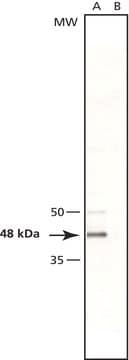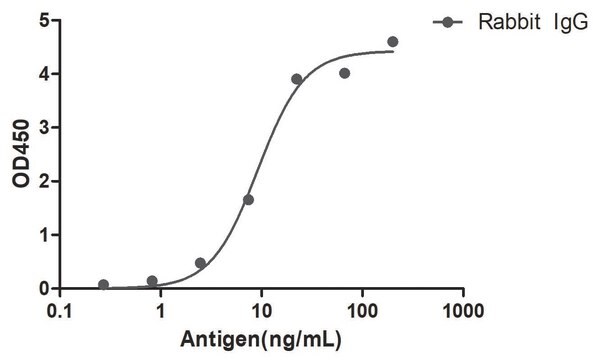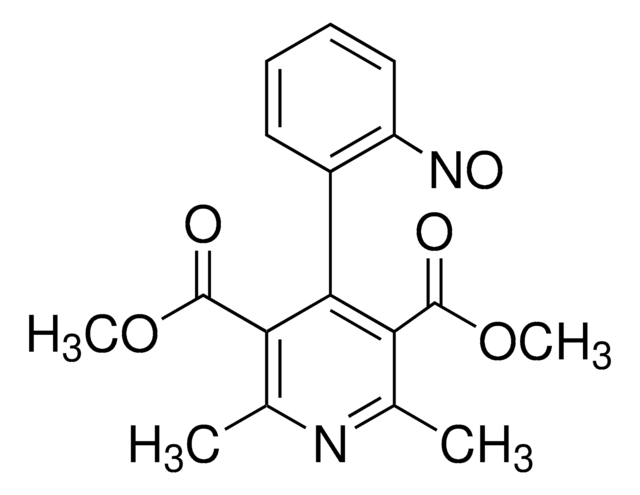AC-0363
SPINK1 (TATI, PSTI) (EP401) Rabbit Monoclonal Primary Antibody
About This Item
Productos recomendados
biological source
rabbit
antibody form
Ig fraction of antiserum
clone
monoclonal
description
For In Vitro Diagnostic Use in Select Regions (See Chart)
form
buffered aqueous solution
technique(s)
immunohistochemistry (formalin-fixed, paraffin-embedded sections): 1:100-1:200
shipped in
wet ice
storage temp.
2-8°C
visualization
cytoplasmic
General description
Quality
 IVD |  IVD |  IVD |  RUO |
Physical form
Other Notes
For Technical Service please contact: 800-665-7284 or email: service@cellmarque.com
Storage Class
10 - Combustible liquids
wgk_germany
WGK 2
flash_point_f
Not applicable
flash_point_c
Not applicable
Certificados de análisis (COA)
Busque Certificados de análisis (COA) introduciendo el número de lote del producto. Los números de lote se encuentran en la etiqueta del producto después de las palabras «Lot» o «Batch»
¿Ya tiene este producto?
Encuentre la documentación para los productos que ha comprado recientemente en la Biblioteca de documentos.
Nuestro equipo de científicos tiene experiencia en todas las áreas de investigación: Ciencias de la vida, Ciencia de los materiales, Síntesis química, Cromatografía, Analítica y muchas otras.
Póngase en contacto con el Servicio técnico






